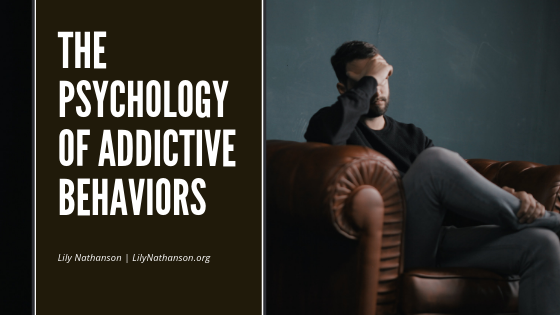Newer models of addiction have replaced the old disease theory with focussing on the psychological, as opposed to the physiological, ways that people grow addicted to activities and substances. Activities include eating and gambling; substances include drugs and alcohol. There are many ways to identify key behaviors that are associated with addiction.
A Developing Process
Addiction is known to develop via a process. The first stage is when people take up the appetitive behavior. This often takes place when people are teenagers and start to be exposed to those activities that can grow addictive. Many teens grow out of these addictive behaviors, but not all.
Mood Enhancement
As soon as people have tried or taken up addictive actions, they find these behaviors are strong mood modifiers. Pleasure or euphoria results from engaging in the behavior.
Unsuccessful Attempts to Quit
Addicts frequently express their desire to completely quit but are unable to carry the intention through. Short-term abstention is generally common, but the rates of long-term relapses are high.
Learned Associations
Once people have discovered that the behavior they have taken up can be used to improve the way they feel, associations between the addicted behavior and the desired states of mind and feeling are developed. They develop along brain pathways and become automatic.
Cue-Triggered Relapse
People who have experience with addictive substances find that it sensitizes them to environmental cues; these subsequently trigger cravings. Such a cue signals an opportunity for consuming the addictive substance.
Loss of Control
This refers to when people know that they are acting against their previous determination to abstain from the addictive substance or action. One example would be going a little crazy on dessert after a diet has been decided upon. This failure typically results in strong negative emotions.
Desire Sans Pleasure
Addicts often continue their unwanted behavior even while stating that the substance or activity is no longer giving pleasure. Addicts commonly express their continued use of drugs even when the drugs no longer provide any pleasure.
Genetic Vulnerability
Most of the people who try drugs only do so a few times. Many will never advance past experimentation. A few are prone to quickly growing deeply involved and will stay that way indefinitely. The evidence is strong for a genetic predisposition to developing addictions.

